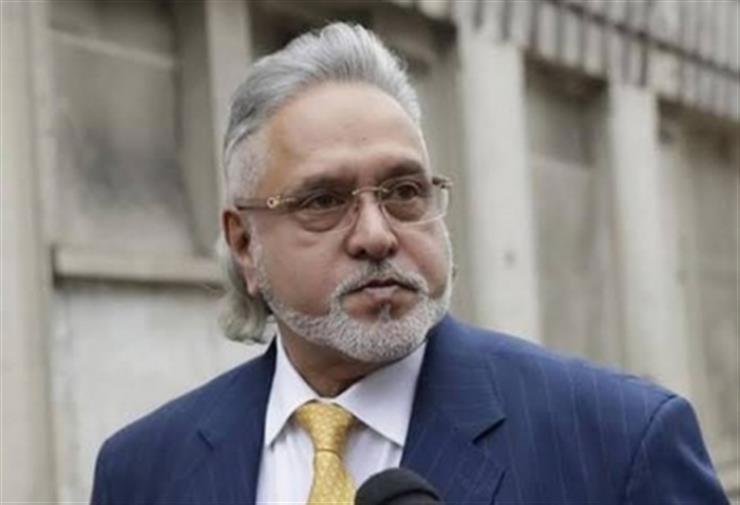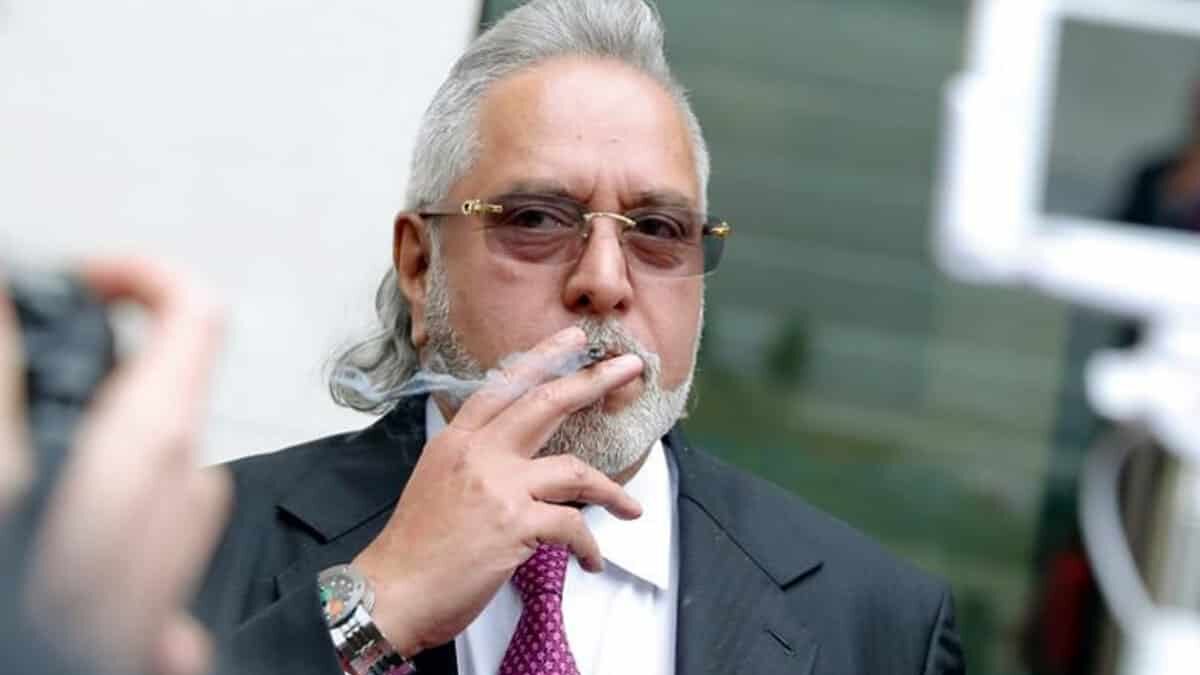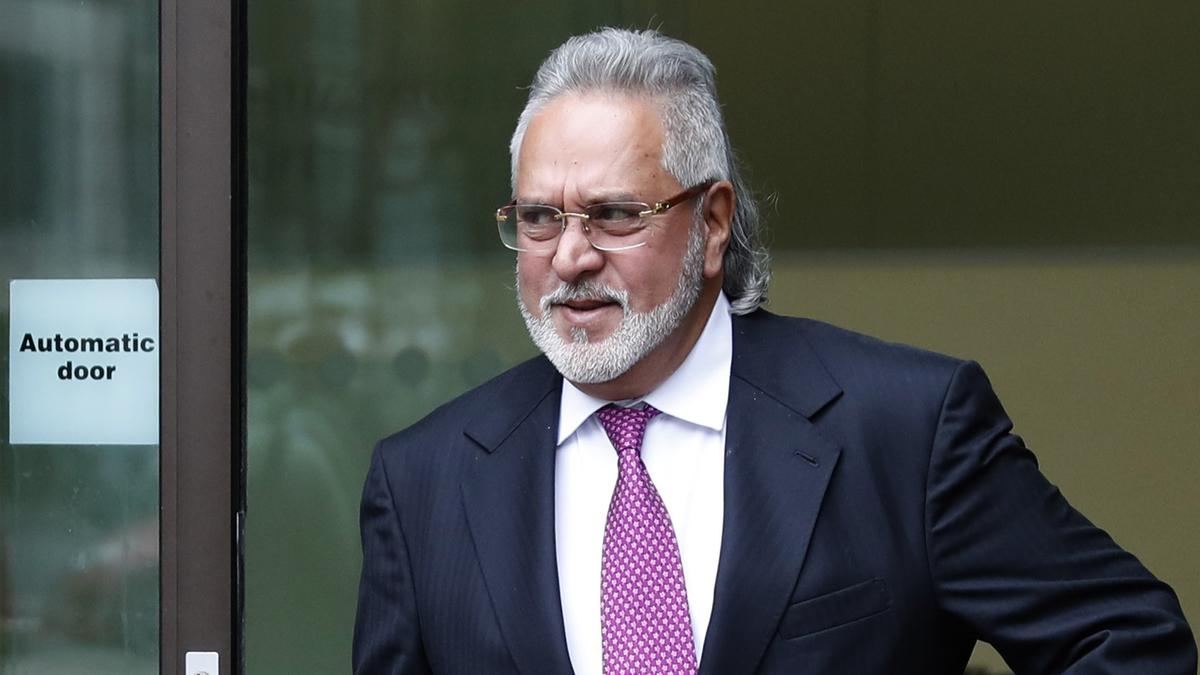The Karnataka High Court is set to hear a crucial petition filed by Vijay Mallya and a director of United Breweries Holdings Limited (UBHL), seeking access to detailed bank account statements related to debt recoveries. This case forms part of the prolonged legal battle involving Mallya, who has been accused of defaulting on loans worth thousands of crores taken from a consortium of banks. The petitioners argue that transparency in the recovery process is essential to ensure fairness and accountability in the ongoing legal proceedings. The court’s decision could influence how such high-profile financial disputes are handled.

The petitioners have emphasized that without access to the bank statements, they cannot fully verify the claims of the banks regarding the recovered amounts and outstanding dues. Mallya, who is already declared a fugitive economic offender, has faced multiple setbacks in courts both in India and abroad. His lawyers argue that the banks have recovered substantial sums through the sale of his assets, but the exact figures remain unclear to them. The petition, therefore, seeks judicial intervention to obtain verified records, contending that the lack of transparency unfairly impacts their legal defense in the debt recovery tribunal and other ongoing cases.
The case comes at a time when public sentiment remains sharply critical of Mallya, given the massive defaults that have affected banking institutions and depositors alike. However, the High Court’s role will be to evaluate the legal merits of the plea rather than public perception. Experts suggest that the petition may also set a precedent on how debt recovery processes should be documented and disclosed, especially in cases involving large-scale financial frauds. For now, all eyes are on the Karnataka High Court as it prepares to deliberate on this highly sensitive and high-stakes matter.
Legal Context and Background
The controversy surrounding Vijay Mallya has been one of the longest-running financial scandals in modern India. The former liquor baron and his company, UBHL, were accused of defaulting on loans exceeding ₹9,000 crore from a consortium of Indian banks. Despite being in the UK for years, Indian authorities have pursued his extradition, while Indian courts continue to handle the financial aspects of his case. Debt recovery has been a key issue, with banks selling off attached properties and shares to reclaim dues. However, the exact amount recovered and pending has remained a matter of contention between banks and Mallya’s representatives.
This petition before the Karnataka High Court highlights the growing demand for accountability in financial disputes. While banks assert that they have followed due process and acted under judicial orders, Mallya’s legal team claims that they are being denied critical documents. If the High Court rules in favor of the petitioners, it could open the door for greater scrutiny of banking recovery operations. On the other hand, a dismissal of the plea may strengthen the banks’ position and further weaken Mallya’s already fragile legal standing in India. The case thus represents not only a personal battle but also a test for transparency in the Indian banking system.
The upcoming Karnataka High Court hearing on Vijay Mallya and UBHL director’s plea for bank account statements has reignited widespread debate over financial accountability and justice in India. Citizens and financial experts alike are closely watching this case, given its links to the multi-thousand-crore loan default scandal. For many, Mallya’s story is not just about one businessman but about how powerful elites can exploit loopholes within the system. The plea seeks clarity on how much has been recovered so far by banks through asset sales, a figure that remains contested between the lenders and the petitioners.
The timing of this hearing is crucial as India continues to grapple with mounting concerns over non-performing assets (NPAs) and the handling of big-ticket loan defaulters. Public trust in financial institutions often depends on whether recovery efforts are transparent and effective. Mallya’s lawyers contend that banks must provide detailed, verified statements to ensure fairness in judicial proceedings. If the High Court sides with the petitioners, it may compel banks to disclose more granular details in similar cases, potentially reshaping how recovery processes are monitored and challenged in courts across India.

At the heart of this case lies the larger question of balance between public interest and legal rights of accused individuals. While banks and enforcement agencies argue that Mallya should not be allowed to delay or derail recovery processes, his legal team insists that withholding financial records undermines due process. Legal scholars highlight that such disputes expose gaps in communication and documentation between lenders and borrowers. The hearing could therefore act as a watershed moment in determining the extent of disclosure required during high-profile debt recovery battles.
For the banking sector, this hearing carries additional weight as it directly relates to its credibility in handling defaults. Banks are under pressure to recover every possible rupee from Mallya and UBHL, especially after facing criticism for earlier lapses in loan approvals and monitoring. If transparency concerns are validated by the court, it may raise questions about how banks maintain and present records in similar cases. Conversely, a ruling against the petition could signal judicial confidence in the banks’ recovery efforts, potentially closing one more chapter in Mallya’s legal challenges.
Beyond the technicalities, this case continues to evoke emotional responses from ordinary citizens who view Mallya as a symbol of unchecked corporate greed. Many argue that his luxurious lifestyle, even while facing legal scrutiny, demonstrates the inequality between the powerful and the powerless. The plea, though procedural in nature, has been interpreted by the public as yet another attempt by Mallya to prolong the inevitable. This sentiment puts additional moral pressure on the judiciary, even as it navigates the case strictly on legal grounds.
The Enforcement Directorate (ED) and other agencies remain central stakeholders in this legal tussle. With attached properties worth thousands of crores already under their control, the agencies argue that every step taken has been within the framework of law. However, critics note that unless complete figures are made public, doubts over recovery efficiency will persist. Transparency, therefore, is not just a legal demand but also a moral expectation in a case that has dominated India’s financial headlines for over a decade.
From a corporate governance standpoint, the case exposes the need for stricter oversight mechanisms to prevent large-scale defaults. Analysts suggest that while Mallya’s case is extreme, it highlights systemic weaknesses that allow influential individuals to secure massive loans with minimal accountability. The hearing, therefore, is not just about one businessman’s plea but also about setting benchmarks for how India deals with corporate debtors in the future. Strong judicial intervention could prompt regulators to tighten rules on loan transparency and disclosures.
Larger Implications
Beyond the courtroom, this case has significant political and economic implications. For many Indians, Mallya’s case symbolizes the misuse of public funds by powerful business elites and the long delays in securing justice. The outcome of this plea could either bolster confidence in India’s legal and financial systems or deepen public skepticism about the ability to hold wealthy defaulters accountable. Furthermore, legal experts note that similar pleas could emerge in future cases involving large corporate defaults, pushing for a more transparent and verifiable debt recovery mechanism. As the hearing approaches, the Karnataka High Court stands at the center of a debate that goes beyond Mallya, touching the core of public trust in institutions.


The political dimensions of this case cannot be ignored either. Successive governments have faced criticism for failing to bring Mallya to justice quickly, both financially and criminally. Opposition parties have often used his case as an example of crony capitalism and weak enforcement. As the High Court prepares for the hearing, the political class remains alert to the potential fallout, knowing that any development could be weaponized in ongoing debates about corruption and economic governance.
Internationally, too, this case has drawn attention, especially as Mallya remains in the UK fighting extradition. Global investors often gauge India’s financial integrity based on how such high-profile cases are resolved. A transparent and decisive ruling could strengthen India’s reputation as a country serious about accountability, while delays or ambiguity might reinforce skepticism about enforcement consistency. Thus, the Karnataka High Court’s hearing carries weight far beyond domestic borders, potentially influencing investor sentiment and global perceptions.
Ultimately, the upcoming hearing symbolizes a clash of narratives: one of a fugitive tycoon fighting to defend his legal rights, and the other of institutions determined to hold him accountable for financial wrongs. Regardless of the outcome, the decision will resonate for years, shaping how India approaches future cases of corporate fraud and debt recovery. For citizens, it is a test of whether justice can truly rise above wealth, influence, and power. For the legal community, it is a defining moment in the evolution of India’s financial jurisprudence.
Follow: Karnataka Government
Also read: Home | Channel 6 Network – Latest News, Breaking Updates: Politics, Business, Tech & More

